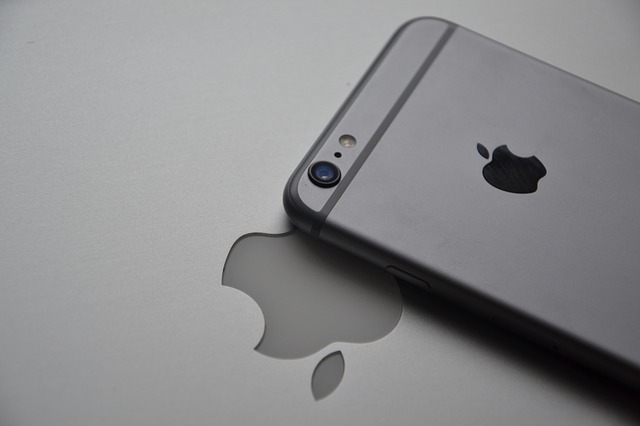A recent report about iPhone users’ intent to upgrade to the iPhone 6 underlines the biggest reason you should never sign another contract with your phone company again.
eMarketer is something of an industry oracle. For many years, they’ve been identifying and communicating the trends which will actually make a difference to the phone business. They recently put together a report relating to iPhone users with a key call out : Only 26% of iPhone users intend to upgrade to the new iPhone 8. That’s down from the equivalent statistic the last time around, when 46% of Apple phone users said they were looking forward to the upgrade.
This remarkable, nearly halving of the preparedness iPhone users have to re-contract in late September (assuming Apple keep their 10 year anniversary launch on the same part of the calendar as the previous nine releases) tells a story we’ve heard before. Phone buying fatigue has set in. New phones are just not that much better than their predecessors any more. That’s true of every smartphone release, not just Apples.
It’s remarkable that we have become so immune to being impressed by a new phone when the entire industry was spawned only a decade ago but that’s the state of the market. It’s leading to people holding on to their iPhones longer. iPhone tenure, the period for which people own their Apple device has increased more than 25% in the last 2 years from 24 to 30 months.
This is the tip of the iceberg and what lies beneath the waterline might surprise you.
We take for granted, in many cases, that when the time comes, we will dutifully walk down to our telco retailer and sign another 2 year deal. It all appears about to change. Led by Sprint, in the US, a number of factors are combining to move the industry in a direction which is dramatically different to what we’ve seen in the last 20 years, since early phones were sold.
A majority of people are now piecing together their own phone and plan deal and saving good money doing it. Instead of signing up to a phone contract, they buy a phone themselves and a SIM, from their phone company, separately.
Already a seismic shift with momentum, this relatively recent phenomenon is being driven by a number of parallel and structural industry forces.
- Cheaper data : Many have realized that the phone companies, once they’ve got you under contract, keep giving you the same old data allowance. If you take a SIM only or prepaid plan, data allowances go up every year. Some analysis from WhatPhone.com.au shows that data inclusions double every year or two for people who take these SIM only plans. That’s good news because…
- Competition from outright phone providers : Whatever market you’re in, Amazon is a powerhouse for online sales. This is true of phone sales as it is most other electronics. High street retailers like Best Buy, Walmart and an increasing range of local supermarkets are selling phone hardware. eBay offers cut price phones, almost always in mind condition, for those who are prepared to have a 2 year old device. Where once the most obvious option to get a phone was your telco + contract, now you’re surrounded by options to buy the device itself.
- Cheaper phones :Oppo and Huawei are just two of the sizable collection of Android manufacturers vying for your money as an alternative not just to Apple’s dominance but again, to the telco contract. These Chinese manufacturers offer a bewildering array of form factors and target the bottom end (affordable) of the market. Their scale and disregard for brand spending means they appeal to users are more functional, utilitarian devices. The lower price means buying them up front in one go, rather than spreading the payments over a 24 month contract is achievable.
- Device leasing options: You’ve always been able to do it with your car, now there are a broad range of phone leasing options. Both the phone companies themselves and other, third parties offer the service. This allows savvy users to get their phone upfront, even when their budget won’t allow and split the cost. They buy the SIM separately and can shop around as they use their device, changing phone plan provider to get the best deal.
- Your usage is increasing : Cisco reports that data utilization per person per month grows at an astonishing 50% – 100% per year. If you’re using 1.5GB of data at the start of your contract, by the end of it, you could need 6GB a month. You’re left paying the overage if you’re stuck in a contract but, as we’ve said, if you’re on a prepaid or SIM Only plan, you’ll be given the data.
Bring it all together
This market analysis suggests another nail is being put in to the coffin of the phone company contract. It’s not necessarily bad news for Apple of course. The trend towards buying phone handsets outright may not impact them as hard.
For a change, the ultimate winners are consumers. If the internet does anything, it equalizes information imbalances. For many years, we’ve bought contracts because we thought it was the shortest, cheapest route to the phone we love. Now, a small amount of research will make it clear how much easier it is to take the same road others have blazed a trail down.





